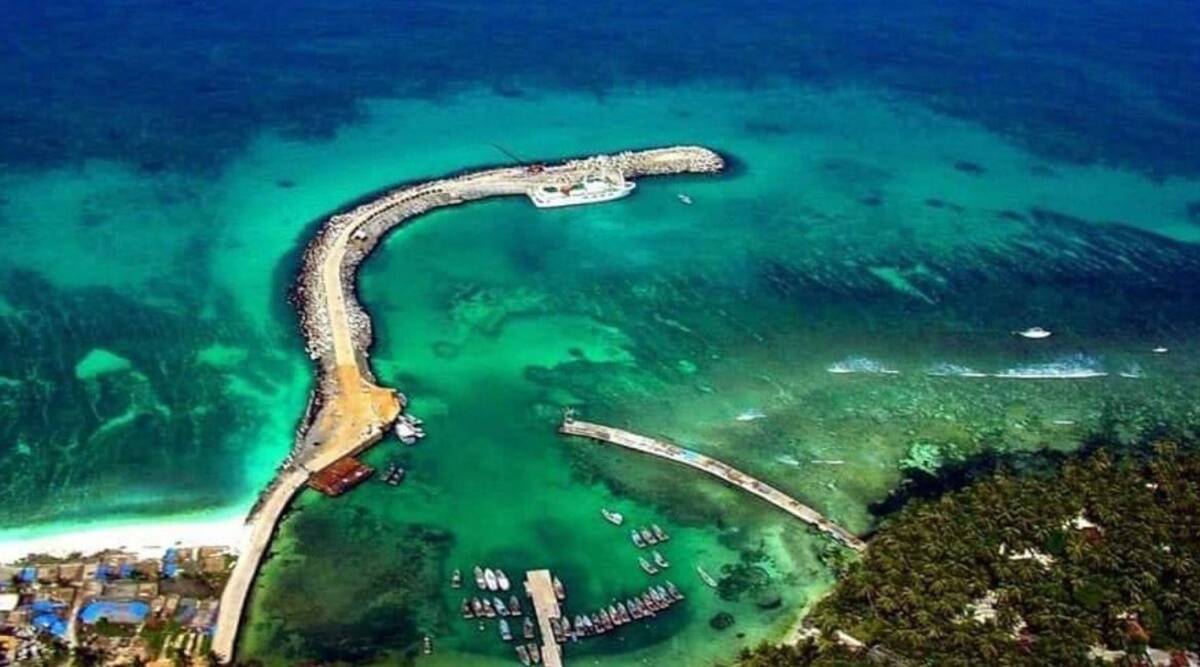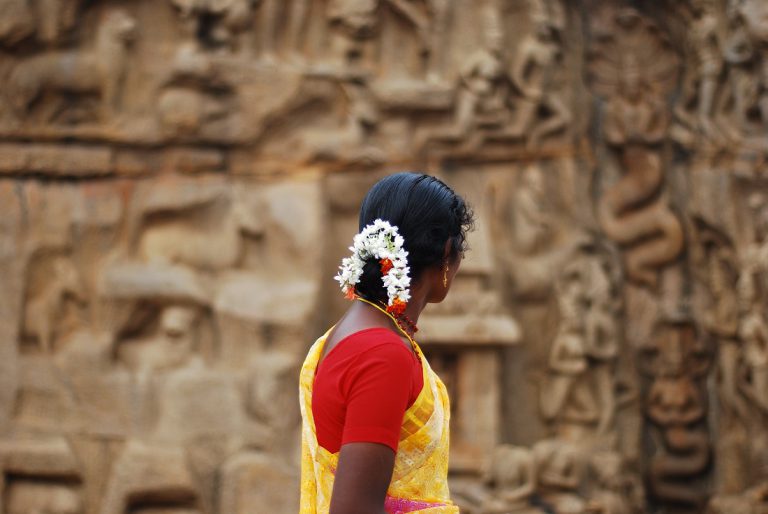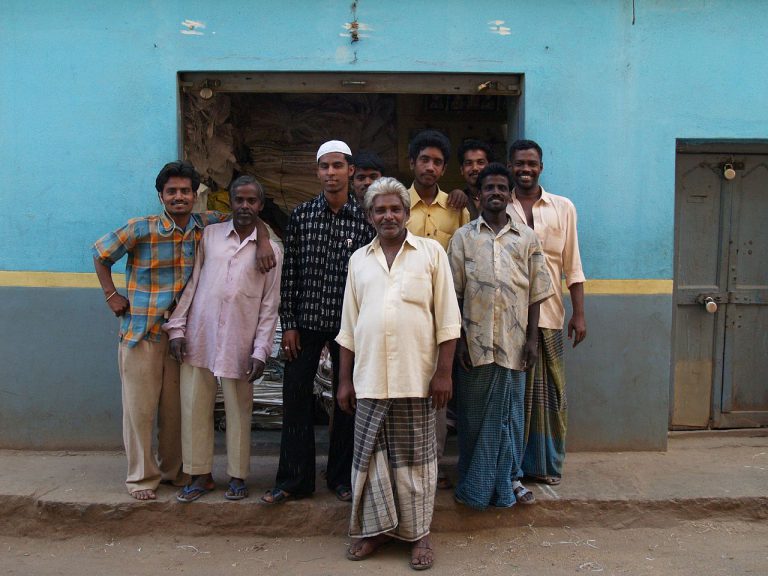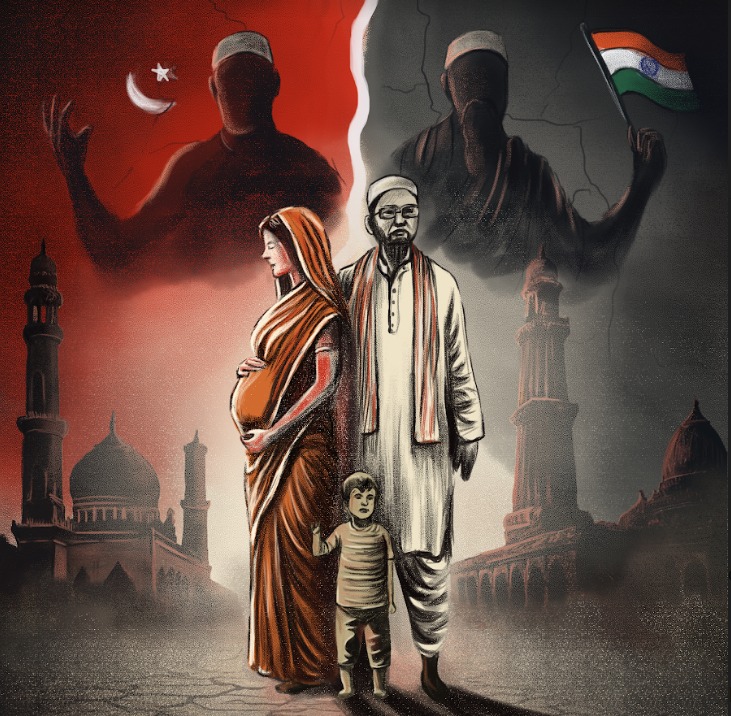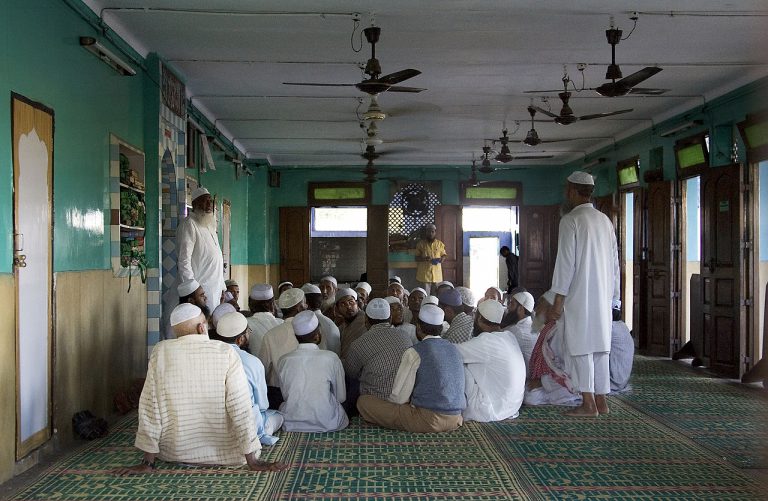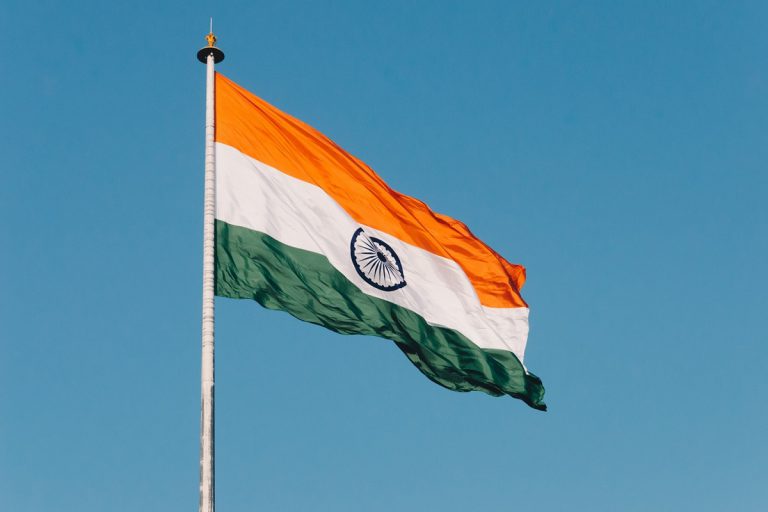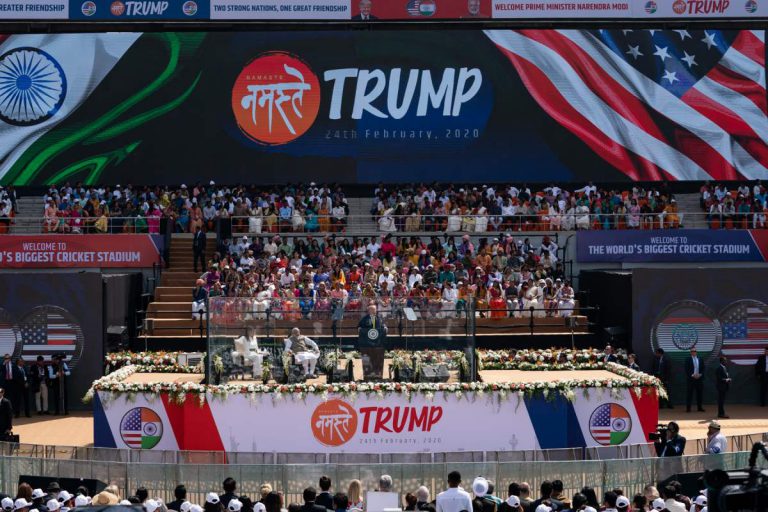Is the archipelago being targeted as the new site of socio-cultural propaganda?

Osheen Seth is pursuing Political Science Honours from Indraprastha College for Women, University of Delhi.
Niranjan Kanyal is pursuing Geography Honours from Swami Shraddhanand College, University of Delhi.
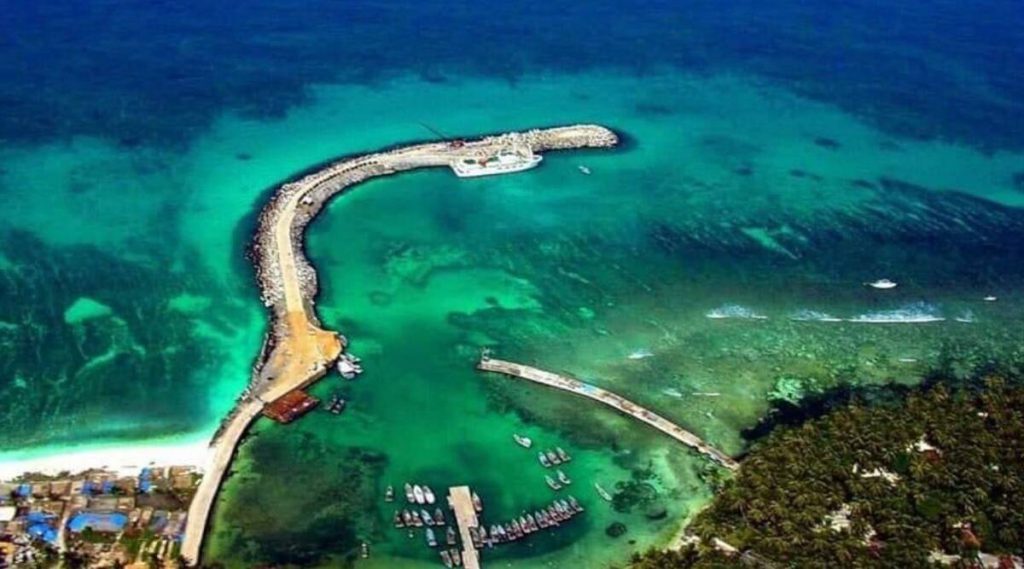
The recent tapestry of the smallest Union Territory of India, Lakshadweep has been marked with seething discontent among the islanders with regard to the multiple changes introduced by Praful K. Patel, who took additional charge as the Administrator of Lakshadweep on December 5, last year. However, it is imperative to note that the proposed changes having a wide-ranging impact on the people as being introduced in a Mulsim majority area are not a matter of mere accident. Rather, it is widely observed that the archipelago is being targeted as the new site of socio-cultural propaganda.
A paradise located in the Arabian Sea, in close proximity to the coast of the Southern state of Kerala, the island boasts of maximum literacy rates, lowest crime rates, a matrilineal society, sustainable fishing practices for livelihood, zero covid cases in the past year and the residents, majority of whom are Muslims, ethnically similar to the Malayali people of Kerala, living in harmony with each other. The recently proposed changes, however, do not seem to complement such accomplishments of the region.
The Reform Wave
Since independence, the Union Territory was being administered by a bureaucrat until recently, when Praful Khoda Patel, a former politician was appointed as the Administrator in December last year by the authorities, following the demise of Mr Dineshwar Sharma, an IPS officer on December 4, 2020. Mr Patel is also the administrator of the Union Territory of Daman and Diu and Dadar and Nagar Haveli, along with that of Lakshadweep at present. Since he took over as the Administrator of the island, the “Save Lakshadweep” campaign has been trending on social media amid widespread protests in the Union Territory, owing to the contentious administrative reforms, which are being deemed as anti-people and a way of spreading the saffron propaganda.
From proposing a ban on beef consumption and slaughter of cows including scrapping non -vegetarian food from mid-day meals to the Draft Legislation which disqualifies people having more than two children to contest local elections, the reforms largely represent the “majoritarian mindset”. This has outraged people from all walks of life including social activists, environmentalists, ecologists, opposition leaders, celebrities, and the locals in Lakshadweep and neighboring Kerala. They sense the threat that the policies pose to the culture and traditions of their region. Lifting the ban on alcohol in the name of promoting tourism and banning cow slaughter and beef consumption at the same time hints at the administration’s blatant disregard towards and infringement on the culture and eating habits of the inhabitants which seeks to interrupt with their religious beliefs and disturb the social fabric.
The Lakshadweep Development Authority Regulation (LDAR)
Another controversial proposal has been the Lakshadweep Development Authority Regulation (LDAR), 2021 which seeks to look after the development of the island, while making sweeping changes in the land use and acquiring patterns. Protesters are apprehensive that the infrastructural project that is part of the plan to convert Lakshadweep into a “smart city” would come at the cost of destabilizing the island’s fragile ecosystem and biodiversity. The Draft also gives a wide range of powers to the administration under the Planning and Development Authority to demolish land holdings and huts of the inhabitants and the fisherfolk for development purposes. In addition, the tribal population, which leads a traditional way of life and resides in the conventional huts can be evicted in the name of “bad layout’ and a hindrance to the development project. Harsh punishments have been proposed for those who resist eviction in the form of imprisonment, penalty, or both. Such arbitrary powers undermine tribal land ownership rights and render the residents anguished.
The diversion of freight from Kochi port to Manguluru has also become a cause of concern for the islanders. The decision in the name of cutting distance and time is actually believed to be aimed at ending trade and gradually cultural ties with Kerala. Similarly, the administration taking control of five major subjects- Agriculture, Fisheries, Animal husbandry, Education, and Healthcare, denuding Panchayats of their powers has been condemned. This is because, in contrast to the administration’s unilateral decisions, the Panchayat’s decisions were representative and reflective of people’s interests.
Prevention of Anti- Social Activities Act
The Draft Lakshadweep Prevention of Anti-Social Activities provides arbitrary powers to the Administrator to detain a person for up to a period of one year on grounds of anti-social activities with denied judicial remedy. Skepticism for such a stringent law, which appears very similar to the Rowlatt Act of 1919, in a place that is largely peaceful and records the lowest crime rate of all the Union Territories is obvious and genuine. People fear that the anti-Goonda Regulation has been introduced to arrest those who oppose the autocratic and whimsical rule of the administration.
Apart from this, the island took pride in being pandemic-free, as it recorded zero covid cases in the past year, owing to the strict quarantine protocols. But the administration, in its fit of vanity, declared that only a negative RT-PCR report was necessary to travel to the Union Territory, thus dismissing the need for quarantine measures. Consequently, the first covid case in Lakshadweep was recorded in January and a rampant surge in infections was evident in the subsequent months, with more than 7000 active cases and 30 deaths at present. The residents blame the administration for bringing covid in their homeland and for the mismanagement of the crisis it was accompanied by.
The Maldives Model?
Lakshadweep, ticking all boxes of an island paradise, resembles the renowned neighbouring international destination, Maldives in every way. Therefore, the administration’s intention to develop a plan modelled on the Maldives in a bid to promote international tourism seems ideal. However, from the perspective of the resident local communities and from that of ecological integrity, the Maldives model is a big no for Lakshadweep as it is likely to devastate the island.
Environmentalists and ecologists suggest that already in a precarious situation due to the inception of commercial reef fishing a few years ago, coupled with issues of climate change, coastal erosion, mining of corals, etc, the fragile ecology and biodiversity of the archipelago cannot bear the additional burden of international tourism which would require the building of huge resorts, water bungalows and other related infrastructural projects. Without a robust policy on conservation and management in place, the ecosystem will collapse. In addition, considering the fact that Lakshadweep is unique in its own way, the Maldives model seems hardly suitable.
Thus, the reform wave seems to be doing more harm to Lakshadweep, while attacking the three Es: Ecology, Ecosystem, and Ethnicity of the island. Amidst a string of these contentious reforms, observers emphasize the fact that Lakshadweep has become a “laboratory” for the Hindutva agenda. The act of painting the trunks of coconut trees saffron only seems to validate the assertion. It is being opined that this is part of the larger pan-Indian effort by the government at the centre to undermine democracy, curb opposition and establish ‘saffron terror’ or Hindu supremacist domination. In this context, one cannot but suspect the unilaterally announced reform wave in Lakshadweep.
References
1. Kumar, Shivani and Roy, Avik (2021, May 31). Lakshadweep row: Why latest orders have upset locals. The Hindustan Times.
2. Anandan, S. (2021, May 30). Lakshadweep- between the sea and a hard place. The Hindu, p. 12.
3. Habibullah, Wajahat. (2021, May 31). A ‘reform wave’ Lakshadweep could do without.The Hindu, p. 6.
4. Ali, S. Asker. (2021, June 4). Times Face-off : What’s at stake for Lakshadweep? Times of India.
5. Manish, Sai. ( 2021, June 1). The Hindutva push behind making Lakshadweep the next Maldives? Business Standard.


